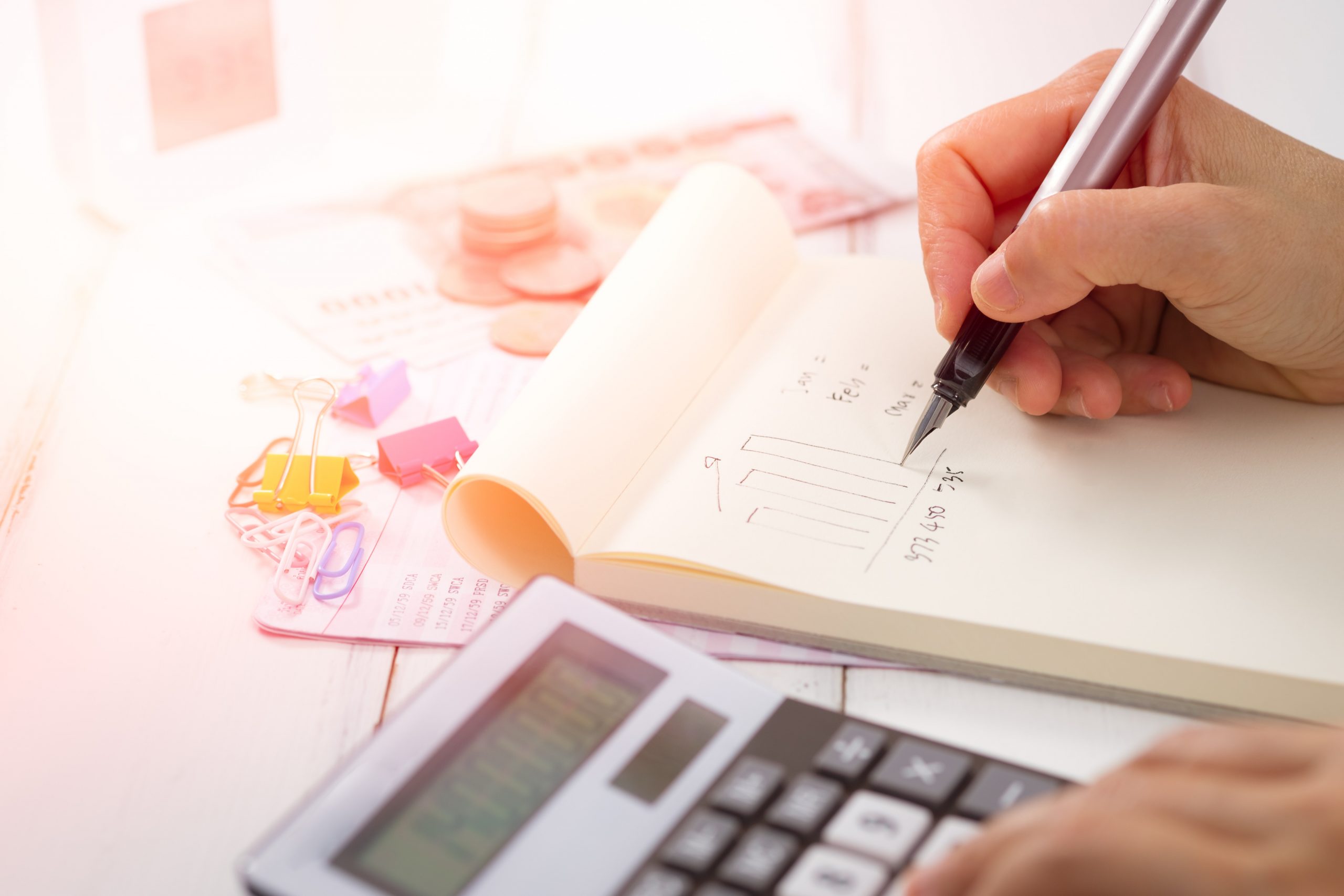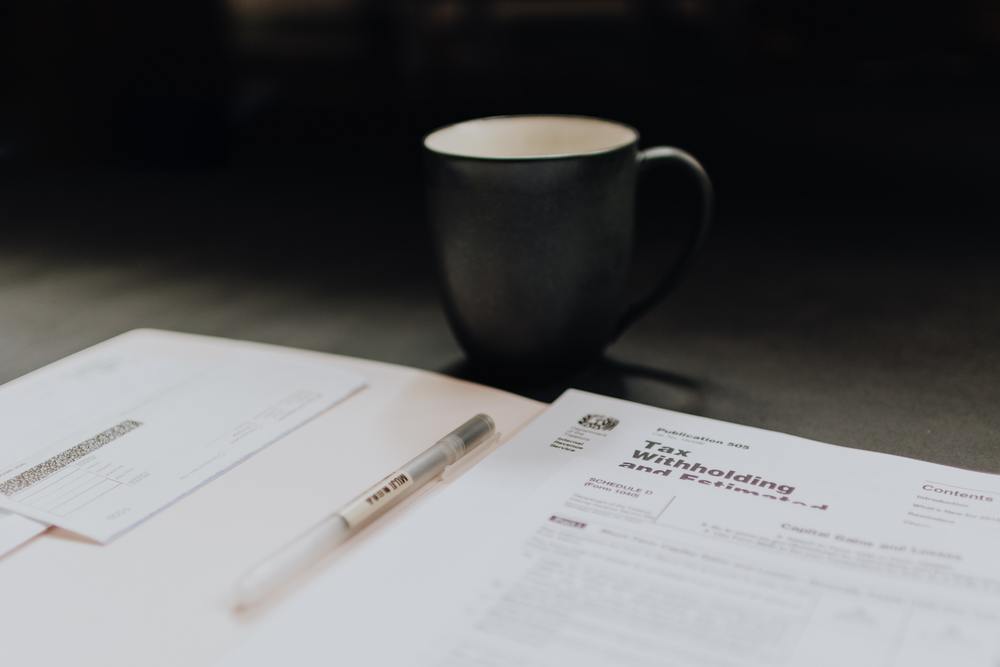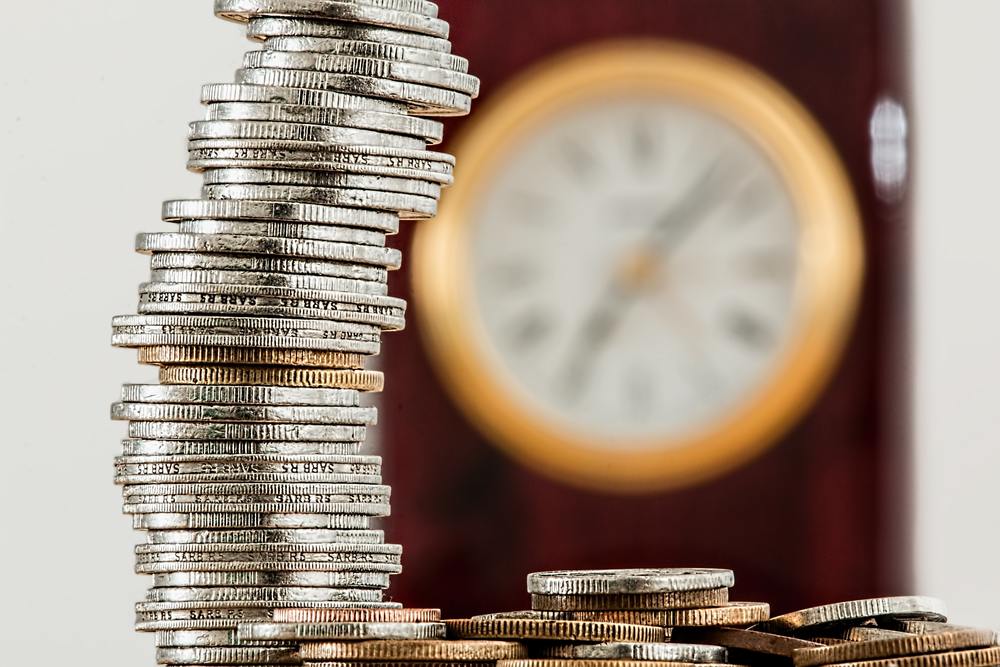The impact of the Covid-19 pandemic on people’s lives and livelihoods has meant that for many submitting a Self-Assessment Tax Return hasn’t been at the forefront of their mind.
With a third national lockdown and schools being closed, the annual last-minute rush to submit tax returns by January 31 may not have been the No1 priority this year.
HMRC has recognised that and if you’re one of the estimated three million or so taxpayers who hasn’t submitted their tax return yet, all is not lost.
HMRC realised this week that people were struggling and this year’s deadline for the 2019-20 tax return has been extended by a month until February 28.
That means late filing won’t incur an automatic £100 fine as it would normally do, though it’s not a ‘get-out-of-jail-free’ card and interest will still accrue on tax due from February 1.
The move by HMRC means that people have a little breathing space but if you can file by Sunday, January 31 you should do so.
If you can’t, here’s a few last-minute tips to help ensure your tax return is as complete as possible and that you only pay the tax that is due.
Make sure you declare all your income
Honesty really is the best policy when it comes to tax affairs. Think carefully about every little pot of income, even foreign income that was not remitted to the UK. If you’re a UK taxpayer it needs to go down.
What about interest on savings too? Yes, rates are at an all-time low and interest is likely to be negligible but it still needs to be declared.
Income from property rentals too needs to be added. It’s worth sitting down for a few minutes and listing where your money comes from.
Claim all your allowances
There are lots of small ‘tax breaks’ and allowances that all add up when it comes to minimizing the amount of tax you pay.
Did you get married or enter a civil partnership but haven’t told HMRC? Married Couple’s Allowance could cut your tax bill by between £351 and £907.50 a year, according to gov.uk. This applies if one of you was born before April 6, 1935.
If you were born afterwards you may be able to claim Marriage Allowance which lets you transfer £1,250 of your personal allowance to your husband, wife or civil partner and could reduce their tax bill by up to £250.
Were you instructed to work from home in the early weeks of the pandemic? You could claim tax relief for additional household costs such as heating, metered water and electricity bills.
Everyone has a Personal Tax-Free Allowance, of course, but there are other allowances to consider too.
Dividend Allowance means the first £2,000 you receive in dividends from investments is tax-free.
Maybe you earn money from buying and selling on eBay or offer a freelance service. Lots of us have a little sideline these days. You can make £1,000 tax-free. This is known as a “trading allowance.”
You can also claim an allowance for spousal or child maintenance payments. Subject to certain conditions the allowance could be worth 10% of the maintenance you pay up to a maximum of £326.
If you or your spouse or civil partner are registered blind or have severely-impaired sight your personal tax allowance is increased. This is worth £2,450 for 2019-20.
Money still tight? Consider Time to Pay
HMRC wants to help if you’re struggling to pay. If you can’t afford to pay your latest bill you can set up a payment plan.
You can only do that if:
* You owe £30,000 or less;
* You do not have any other payment plans with HMRC;
* Your tax returns are up to date;
* It’s less than 60 days after the payment deadline.
You can choose how much to pay straightaway and how much you want to pay each month. You will, however, have to pay interest.
A last piece of advice?
Yes! Be kind to yourself and plan ahead. Keep the pressure off in January 2022 by doing your homework and keeping records as you go.
Keep your tax affairs in order through the year and then when the 2020-21 tax year ends in April you can start preparing your tax return early.
Why not do yourself a favour and submit next year’s tax return early and forget the January blues?



